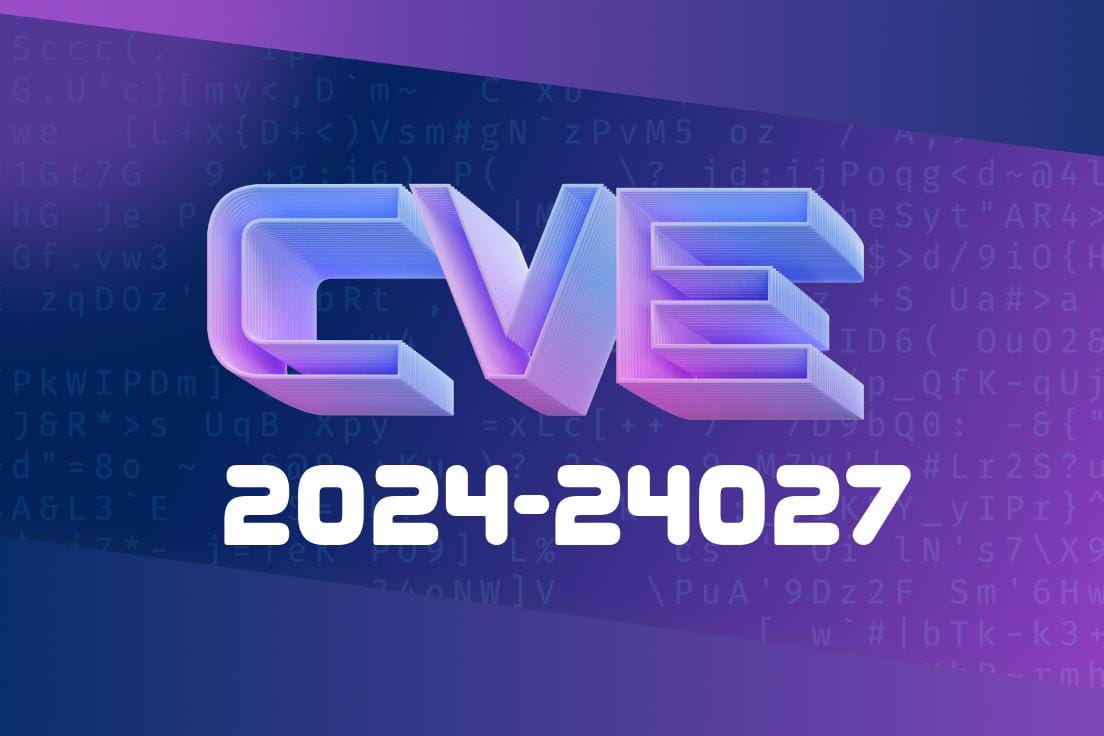Hey folks! Today, we're discussing a critical security vulnerability identified as CVE-2024-24027 that affects versions of Likeshop prior to 2.5.7. In this post, I'll provide an explanation of the SQL Injection vulnerability, how it works, and what you can do to protect your systems. Plus, I'll share links to original references and details about the exploit.
An Overview of CVE-2024-24027
CVE-2024-24027 represents a significant SQL Injection vulnerability in Likeshop before version 2.5.7. Attackers can exploit this vulnerability to run arbitrary SQL commands on the target system via the function DistributionMemberLogic::getFansLists in the application's source code.
The Exploit Details
As a brief refresher, SQL Injection vulnerabilities occur when an attacker is able to execute arbitrary SQL commands within the application's environment. These types of attacks can lead to unauthorized data access, modification, and even full control over the target system.
In the case of CVE-2024-24027, the SQL Injection vulnerability exists within the DistributionMemberLogic::getFansLists function. Unfortunately, this function does not properly sanitize user inputs, making it susceptible to SQL Injection attacks.
Here is an example of the vulnerable code snippet
public function getFansLists($where, $field, $limit, $order = 'dm.member_id desc')
{
$alias = 'dm';
$join = [
['member m', 'm.user_id = dm.member_id', 'left']
];
$model = Db::name('distribution_member')->alias($alias)->join($join)->where($where)->field($field)->limit($limit)->order($order);
$model = $this->setWhere($model, $where);
$lists = $model->select();
return $lists;
}
As you can see, the function does not properly sanitize the "$where" parameter, which is used within the SQL query. This allows an attacker to inject malicious SQL commands through the unsanitized input, potentially leading to unauthorized data access and control over the target system.
Links to Original References
- CVE Official Listing - CVE-2024-24027
- National Vulnerability Database (NVD) Entry
- Likeshop Official Repository
How to Protect Your System
To protect your system from CVE-2024-24027, it is essential to update your Likeshop installation to version 2.5.7 or higher. This version of Likeshop contains a patch that addresses the SQL Injection vulnerability.
Additionally, it is crucial to follow general security best practices, such as keeping your software up-to-date, implementing strong access controls, and conducting regular vulnerability scans on your application environment.
Conclusion
In conclusion, it is important to be aware of CVE-2024-24027 and take the necessary steps to protect your system from this critical SQL Injection vulnerability. By keeping your Likeshop installation up-to-date, following security best practices, and being familiar with the exploit details and code snippet, you'll be better prepared to safeguard your application environment from potential attackers.
Timeline
Published on: 02/27/2024 21:15:47 UTC
Last modified on: 02/28/2024 14:06:45 UTC
